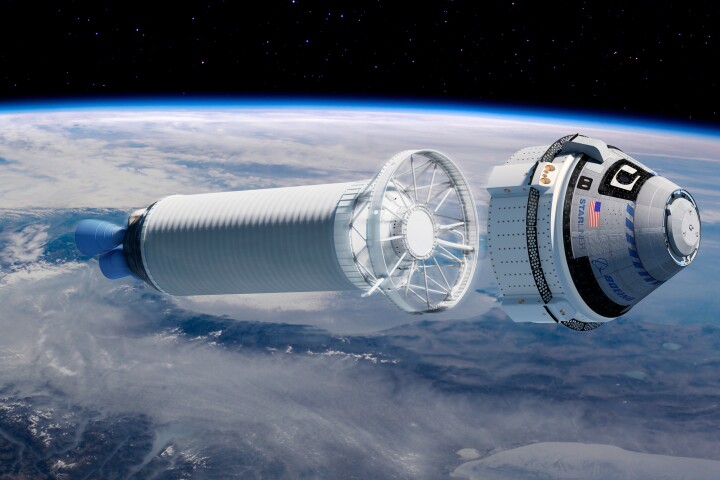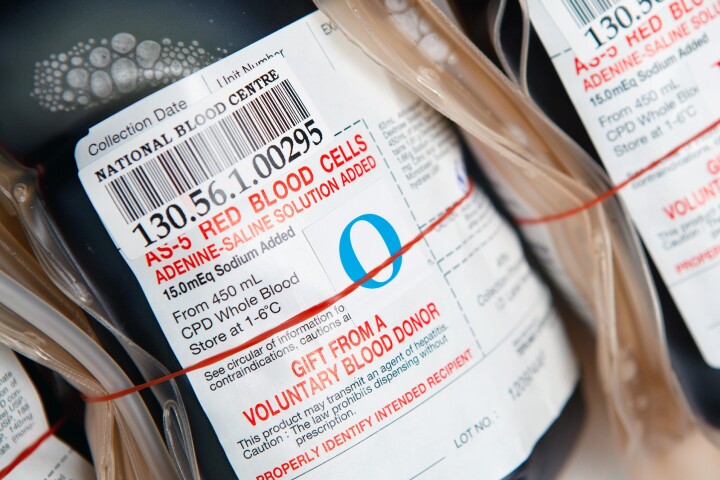June 4, 2006 In the race to provide more fuel-efficient, emmission-friendly automotive technologies, diesel-electric hybrids are showing some very promising form. Ricardo, QinetiQ and PSA Peugeot Citroen have announced the results of their Efficient-C collaborative research project which has successfully met the UK Department for Transport’s Ultra Low Carbon Car Challenge. The two year Efficient-C programme has culminated in the delivery of a full-hybrid diesel demonstrator vehicle emitting just 99 g/km CO2 (equivalent to 3.75 litres per 100km or over 75mpg) based on a fully featured Citroen Berlingo Multispace family car. This is a significant leap forward of 30 per cent improvement in fuel economy and CO2 emissions when compared to the equivalent diesel production vehicle. Furthermore the same diesel hybrid powertrain fitted in a C-segment 5 door saloon would only emit 90g tank-to-wheel CO2.
The 5 door Euro IV compliant Efficient-C demonstrator meets all the expected performance, comfort and safety levels for today’s market and comprises the following integrated technologies:
- A highly fuel-efficient PSA Peugeot Citroën 1.6 litre HDi, turbo-charged and inter-cooled common rail diesel engine.
A compact 23kW 288V DC electric motor mounted between the engine and the transmission, providing up to 130Nm electrical torque assist, efficient electrical power generation, regenerative braking and full electric vehicle (zero emissions) operation at low speed.
A 5-speed automated manual transmission delivering cost-effective automatic functionality.
An advanced 288 volt Lithium-Ion (Li-Ion) battery pack and battery management system to monitor state-of-charge, cell temperature, and cell voltage balance.
Supporting systems including a low-temperature cooling circuit to protect the electric motor and power electronics, an electro-hydraulic power assisted steering system, electrically powered air conditioning and a touch-screen driver display.
Advanced supervisory control system based on the Ricardo rCube prototype controller to co-ordinate the many vehicle systems to meet driver demands whilst optimising fuel economy.
Dave Greenwood, Ricardo Chief Engineer and Efficient-C Project Leader, commented: “The Efficient-C project has highlighted a range of future technologies which are capable of delivering ultra-low CO2 without compromising vehicle function and performance. The project team is proud to have successfully met the UK Government’s Ultra Low Carbon Car Challenge.”
Alain Klein, Director of Hybrid Vehicles Development at PSA Peugeot Citroën, said: “We are delighted with the results from this research project which demonstrates the potential for a step change in CO2 emissions reduction with a diesel parallel hybrid. The challenge now is for the motor industry and its suppliers to achieve the cost reductions required for the mass production of diesel hybrids to be considered.”
The Ultra Low Carbon Challenge initiative was launched by the UK Government on 29 April 2003 and invited proposals from individual companies and consortia to demonstrate the feasibility of a family sized ultra-low carbon car in the UK. The five winning proposals, which included the Efficient-C project, were announced on 15 October 2003.














